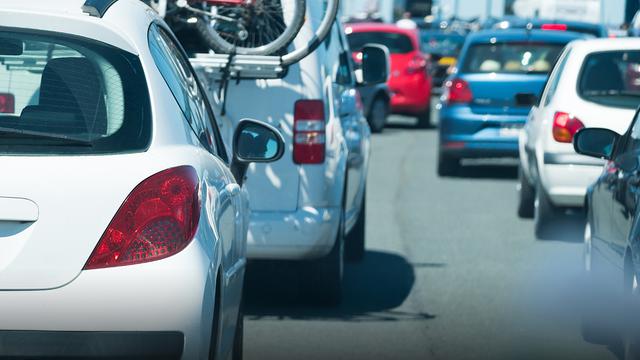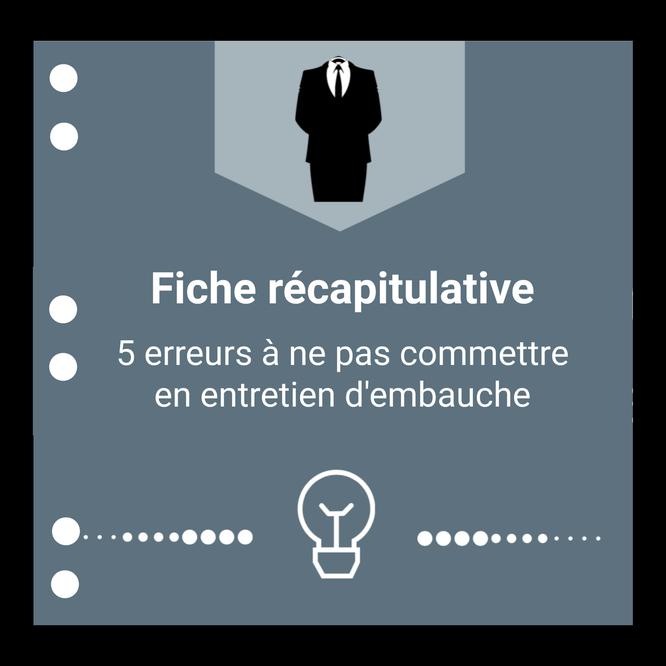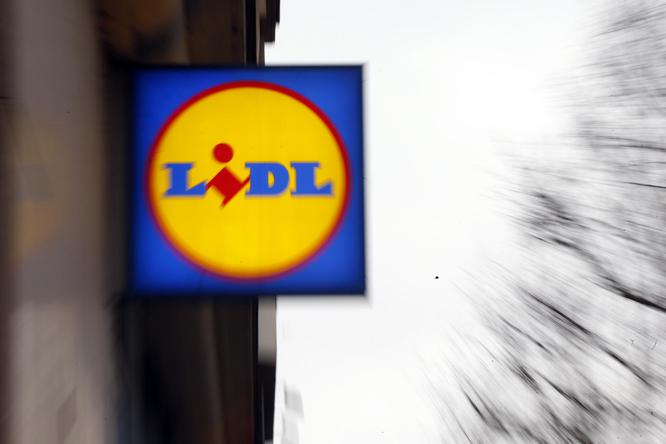Infrabel plans to abolish five railway lines: "There will be no line closures under this legislature", replies Minister Gilkinet
The manager of the Belgian rail network Infrabel will proceed to the elimination of five rail lines by 2024. According to the recent presentation of the CEO Benoît Gilson to the staff and relayed by the Lpost site, the intention would be and indeed there, and would be due to the budgetary savings imposed by the federal government. Among the lines concerned, three are Walloon: lines 132 Charleroi-Mariembourg, 134 Mariembourg-Couvin, and 287 Ath-Ghislenghien. In Flanders, lines 154 Heike-Saint-Nicolas and 157 Dendermonde-Lokeren are concerned. The link to the quarries of Les Petons (Walcourt), the CUP (Lessines) of Carmeuse and Gefco as well as to the autonomous port of Liège would also be abolished, confides Lpost, while several other investments would be postponed or partially carried out.
In addition, Infrabel would also consider slowing the commercial speed on certain train paths. This would impact the travel times of 302 freight trains and 1,764 passenger trains each day.
The plan envisaged by Infrabel would be imposed by budgetary restrictions. This is half-confirmed by Infrabel. “With a budget of X million euros, Infrabel can make a number of investments, we are told at Infrabel. With a budget of X minus 20 million euros, there is a whole series of investments that Infrabel will not be able to make.”
As a result, choices have to be made. And sacrifice the less profitable lines. “Discussions with the federal government are still ongoing and nothing has been finalized,” Infrabel insists.
On the side of the commuters, the project arouses indignation. “The decisions to close lines affect Wallonia more than Flanders, because the Walloon network is in worse condition than in the north of the country, deplores Gianni Tabbone, spokesperson for the Navetteurs.be association. , both in the majority and in the opposition, have a responsibility. The opposition must demand accountability. The scenarios are quite catastrophic."
Contacted, the Federal Minister for Mobility, Georges Gilkinet, specifies that "the Government Agreement has made the choice of more sustainable mobility by finally investing in rail. And I have been doing everything for almost a year to support and redeploy rail in Belgium There will be no line closures during this legislature, on the contrary, we will continue to strengthen the network!
Georges Gilkinet specifies that the reductions in resources, decided in Egmont during the formation of the Government, "are imposed in a linear manner on all entities dependent on the Federal State, including Infrabel, within the framework of the federal budgetary effort If it is a question here of 6 million for 2021 and for 2022 of 17 million in savings for Infrabel, I have already been able to generate much more investment for rail in a few months With the Boost Plan and European resources , we have already released 365 million euros for new investments in the rail sector.Thanks to this, today, no construction site is at a standstill and no line is closed. On the contrary, projects are underway all over the country."
As Federal Minister for Mobility, Georges Gilkinet says he is faced with "a difficult legacy". Between 2014 and 2020, the previous government had indeed decided on an “exorbitant” budget reduction of one billion euros for Infrabel. "These budget cuts in the past have left us with a railway network in a critical state. Since the start of the legislature, I have been doing everything I can to reverse this trend. We need massive investments in the country's sustainable transition and in the rail in particular. Because one euro invested in rail generates three euros in direct and indirect returns in the Belgian economy. And I continue to seek new means, wherever possible, within the framework of the next budgetary conclave but also at the European level to make rail the backbone of tomorrow's mobility and double the volume of goods transported by rail in 2030, as provided for in the Government agreement."
In addition, some twenty organizations (including Infrabel and sectoral and employers' federations) presented their "Rail roadmap 2030" on Tuesday, i.e. their plan for doubling rail freight by 2030. Faced with climatic, economic and "multimodality must become a reality", pleaded the managing director of the Federation of Belgian Enterprises, Pieter Timmermans. Rail freight currently represents approximately 10% of goods transport in Belgium, compared to 73% by road. The challenges are therefore numerous to achieve the objective. Rail transport must become faster and more competitive, say stakeholders. This will notably involve investments in the network manager Infrabel.
The needs identified are in particular the maintenance and continuous renewal of the infrastructure, but also the increase in capacity where it is most relevant as well as a focus on innovation. "Tomorrow, it must be as easy to book a train path as to buy a dress on the internet", does not hesitate to affirm the CEO of Infrabel, Benoit Gilson.
To do this, "there must be stability in the investments", ie a medium/long term vision of five to 10 years, he believes. In addition to these investments, the actors expect the political authorities to ensure a "pragmatic modification of the regulations, the implementation of a performance contract for Infrabel, a greater internalization of external costs in line with European decisions and support measures targeting multimodality".
The regional and federal Ministers for Mobility, Elke Van den Brandt, Lydia Peeters, Philippe Henry and Georges Gilkinet, welcome "a common vision both in terms of objectives and ambition". All four agree on the importance of encouraging multimodality, from an ecological, economic and social point of view.
Although the Regions have certain levers to encourage it, it is the federal government that is responsible for financing Infrabel. "The government is willing to invest," said Minister Gilkinet. Current interest rates encourage it and "a euro invested in rail generates 3 for the economy", according to a Deloitte study cited by Mr. Gilkinet. "I hope to be able to translate the intentions presented today politically", he concludes.




![PAU - [ Altern@tives-P@loises ] PAU - [ Altern@tives-P@loises ]](http://website-google-hk.oss-cn-hongkong.aliyuncs.com/drawing/179/2022-3-2/21584.jpeg)


![Good deal: 15% bonus credit on App Store cards of €25 and more [completed] 🆕 | iGeneration Good deal: 15% bonus credit on App Store cards of €25 and more [completed] 🆕 | iGeneration](http://website-google-hk.oss-cn-hongkong.aliyuncs.com/drawing/179/2022-3-2/21870.jpeg)



Related Articles